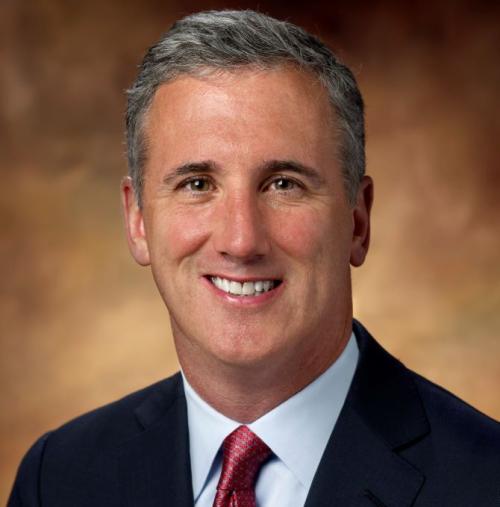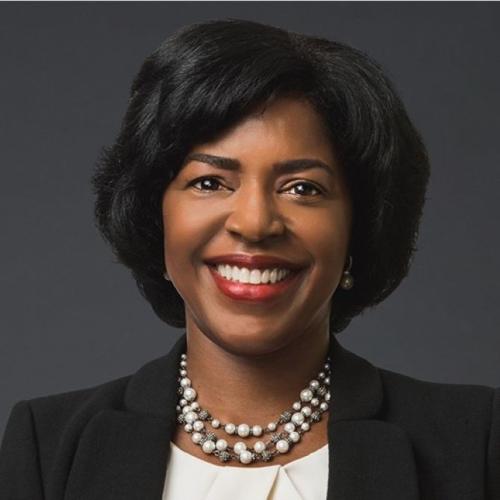Institutional investors may be more critical of firms that barely passed 2011 vote.
Corporate Secretary held its annual East Coast Think Tank on November 10 in New York, where more than 50 corporate secretaries and general counsel participated in two sessions covering some of the most important issues in corporate governance.
During the first session, entitled ‘Corporate crisis management: what to do when your company comes under fire’, the four panelists gave think tank participants insights into how companies should go about putting together a crisis management team and the types of issues that need to be dealt with as a crisis unfolds.
Crisis management requires a corporate board of directors to think about a future where the company might face a major setback, such as a disruption to business operations due to a natural disaster, a scandal involving the chief executive or a bankruptcy. Session panelists emphasized that every company needs to anticipate and plan for as many hypothetical crisis situations as possible in order to have in place well-thought-out responses to a wide range of situations that could potentially damage the company’s reputation and send its stock plunging downward.
‘A lot of this is trying to think outside of the box in your industry,’ said Katherine Combs, past chairman, interim president and CEO of the Society of Corporate Secretaries and Governance Professionals.
Start at the top
To plan for a crisis effectively, the board must pull together its highest-level executives, including the CEO, CFO, COO, general counsel and top human resources and corporate communications people. ‘Everyone wants to be a part of the team,’ said Combs, ‘but the key is limiting it to those people who you really need while still having the support staff in place to get everything done at the request of the crisis team when necessary.’
You may also need to enlist outside counsel or consultants with specific expertise if your top executives don’t have the skills to handle specific situations. David Sheffey, assistant general counsel and corporate secretary at US PowerGen, said that an outside expert in debt restructuring or financing might be needed during bankruptcies.
Peter Beshar, executive vice president and general counsel at Marsh & McClennan, recounted his experience defending his company when then-New York attorney general Elliot Spitzer filed collusion and bid-rigging charges in October 2004.
Beshar said he learned three lessons that can help a company get through a crisis when its credibility is questioned – be transparent, be decisive and be positive. Being transparent – telling stakeholders as much as you can as soon as you know it to be true – builds trust. In crisis situations time is of the essence, so it often pays to make a quick decision rather than being paralyzed with inaction. Finally, if the company leadership doesn’t stay positive during the crisis, it makes recovery much more difficult. ‘If you are one of the people on the crisis team, you have to be out there repeatedly saying, We’re going to get through this,’ Beshar said.
Barry Mandel, partner and chair of securities enforcement and litigation at Foley & Lardner, reminded participants that as the crisis unfolds, companies will have to communicate effectively with clients, employees, media and regulators, delivering different messages to each group. Maintaining credibility with each audience can be difficult, but it is critically important.
‘It can be hard to give a credible message in a crisis because you often have to communicate without having all the facts,’ Mandel explained. ‘Make sure that you have a consistent message and that you are conveying it in a consistent way.’
Compensation matters
 The second session, ‘Year two of say on pay: the 2011 experience and what to expect in 2012’, featured Francis Byrd, senior vice president and corporate governance risk practice leader at Laurel Hill Advisory Group, and Ira Kay, a managing partner at Pay Governance. The two discussed how pay for performance alignment and other governance disclosures would impact the coming proxy season.
The second session, ‘Year two of say on pay: the 2011 experience and what to expect in 2012’, featured Francis Byrd, senior vice president and corporate governance risk practice leader at Laurel Hill Advisory Group, and Ira Kay, a managing partner at Pay Governance. The two discussed how pay for performance alignment and other governance disclosures would impact the coming proxy season.
Kay said that much of the anxiety over pay practices may be overblown, since nearly 90 percent of companies that received ‘against’ recommendations from ISS still gained enough shareholder support to pass the say-on-pay vote. This suggests, he explained, that the models used by proxy advisers to evaluate pay practices do not reflect a consensus on the part of the investor community. ‘Ninety-nine percent of corporate America is doing a fantastic job on this,’ he added.
Kay also warned that participants should be prepared to address the coming clawback requirements in their proxy statements, which could be flagged by ISS even though the policy still needs clarification. Byrd said companies should begin determining how they might implement clawbacks, but in the meantime he advised them to include language such as ‘We will develop a policy in line with the SEC guidance when the SEC guidance comes out.’ ‘That should be the Band-Aid that can cover you through your old clawback policy under Sarbanes-Oxley until something new is released by the SEC,’ he said.
Byrd said it is likely that institutional investors will be more critical of the governance practices of companies that barely passed scrutiny in 2011, especially since this year’s stock market results have been so underwhelming. He says he expects large pension funds such as the AFL-CIO and CalSTRS to vote against more companies that have not shown they are making changes to strengthen governance policies in 2012.
Corporate Secretary West Coast Think Tank 2012, click here to find out more.








